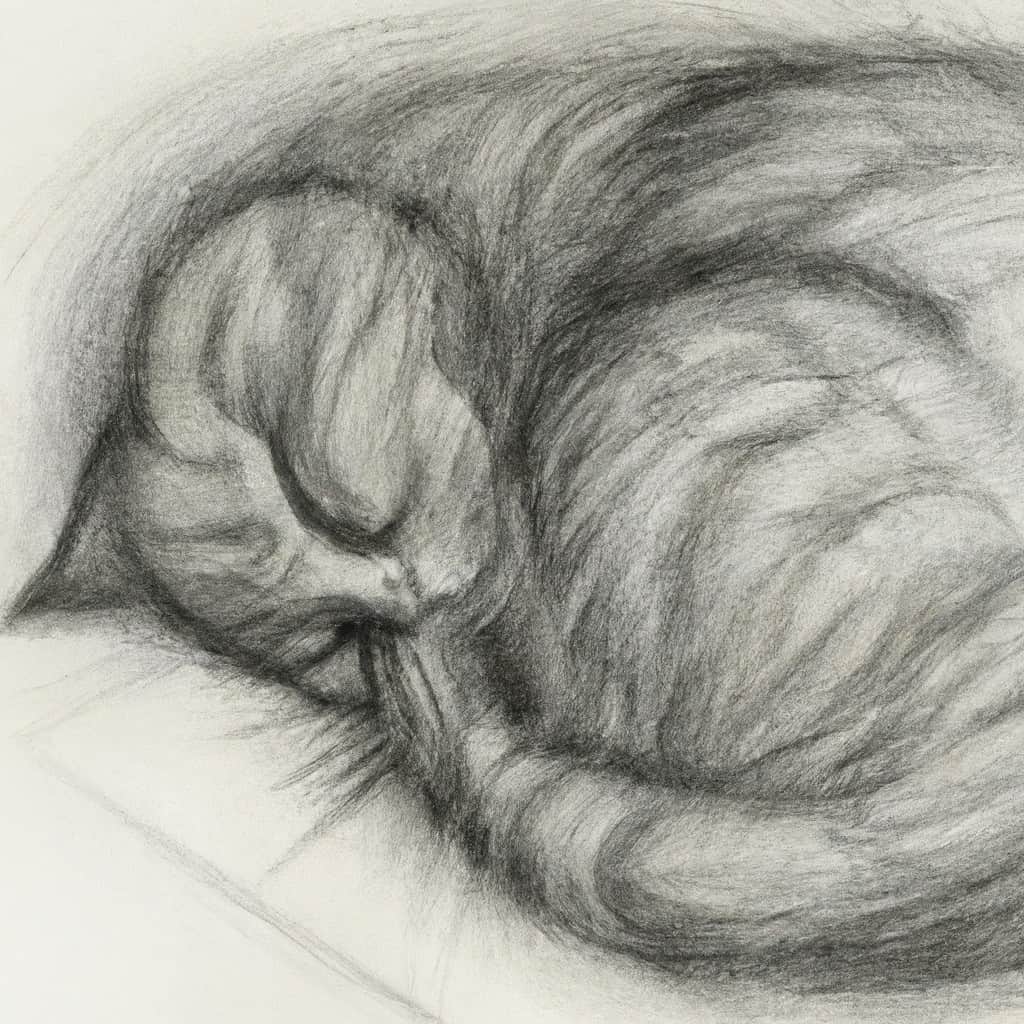Dear VetBabble,
I have a six-year-old cat who has been perfectly healthy until recently. Out of nowhere, my cat became septic. I am wondering about the typical reasons for this condition. Could this have happened due to an abscess on the body or possibly something in the abdomen like FIP or another form of peritonitis? What are some of the possible causes and ways to treat this sudden issue?
Understanding Sudden Septic Issues in Cats
It’s concerning when our feline friends develop sudden health issues, especially when they have previously been healthy. A septic condition can arise from a number of causes, as you have mentioned. In this article, we will discuss some common reasons for cats becoming septic, how to treat these issues, and ways to prevent them in the future.
Causes of Septic Conditions in Cats
Several possible causes could lead to a septic condition in your cat. Let’s explore some of the most common reasons:
- Cat Bite Abscesses: Cats are territorial animals that may occasionally get into fights with other cats, leading to bite wounds. These wounds can easily become infected, causing abscesses to form. A cat bite abscess is a pocket of pus that forms under the skin due to bacteria introduced by the bite. It can lead to severe pain, fever, and other systemic symptoms. Learn more about Cat Bite Abscesses: What They Are and What to Do!
- Liver Disease: Liver disease can also lead to septic conditions in some cases. Symptoms of liver disease usually involve weight loss, vomiting, and jaundice (yellowing of the eyes and skin). Common causes include infections, toxins, and cancer. To learn more about liver issues affecting cats, read our article on Liver Disease in Cats: Common Causes, Symptoms, and What to Expect.
- Coccidia: Coccidia are parasites that can invade the intestinal tract of cats, causing severe diarrhoea and other symptoms. If left untreated, the infection can lead to sepsis and other serious complications. Find out more about Coccidia in Cats: Symptoms, Causes, and Treatment.
- Peritonitis: Peritonitis, or inflammation of the peritoneum (the lining of the abdominal cavity), can lead to septic conditions in cats. It can be caused by various factors, including bacterial or fungal infections, pancreatitis, and gastrointestinal perforation from foreign bodies or ulcers. Feline Infectious Peritonitis (FIP) is a rare but fatal form of peritonitis.
- Vomiting Issues: Chronic vomiting in cats can lead to dehydration and sometimes septic conditions. There are many underlying causes of vomiting in cats, including gastrointestinal disorders, ingesting foreign objects, and infections. Learn more about the reasons for vomiting in cats and how to address them in our article, Why is My Cat Vomiting?
Treatment and Prevention
Once the cause of your cat’s septic condition has been identified, your veterinarian will provide appropriate treatment, which may include antibiotics, surgery, or supportive care. Early diagnosis and intervention are crucial for the best chance of recovery.
To help prevent septic conditions in your cat, ensure that your cat receives regular veterinary checkups, maintain up-to-date vaccinations, and prevent exposure to other cats that may be carrying infections or who are prone to fighting. Regularly review your home for hazards such as exposed wires or small objects that your cat may ingest, and provide a clean, safe environment to minimize the risk of infection.
Remember that an open line of communication with your veterinarian is essential for keeping your cat healthy and happy. Be vigilant about detecting any changes in your cat’s behavior or health, and consult your vet about any concerns you may have.
